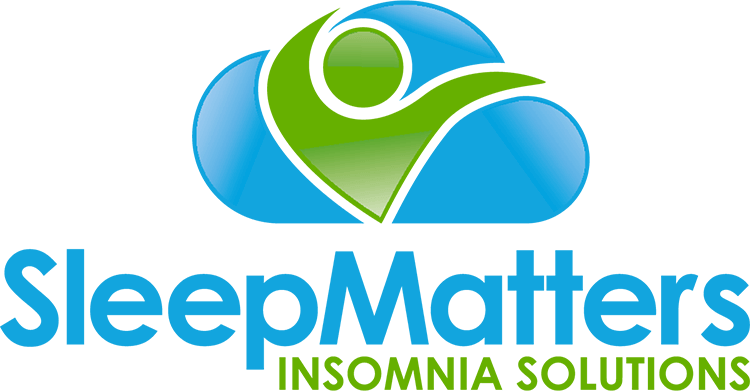Good sleep can help us perform at our best, this is true for everyone, including elite athletes. Good sleep plays an important role in optimising performance and recovery outcomes across a range of sports.
Daniel Bonnar from Flinders University and Sleep Matters, has recently published the results of a research project, reviewing research on how interventions to improve sleep affect athletic performance and recovery.
The results are very interesting: The link is clear between sleep, performance and recovery, but interventions to maximise sleep in athletes require improvement
What we know about sleep and athletic performance
- Total sleep deprivation (not sleeping at all on a given night) is linked to reduced performance.
- A night or two of partial sleep deprivation (getting less sleep than usual) has minimal impact on strength and single bouts of aerobic exercise, but it does impair skill execution and submaximal, sustained exercise bouts.
- In addition to physical impacts, poor sleep also impairs sport-related cognitive processes (eg. memory, decision making) and mood (with lower mood being linked to over-reaching and over-training).
- Sleep aids physiological post-exercise recovery and has been suggested as the most important recovery mechanism.
Whilst 7-9 hours sleep is suggested for healthy adults, 9-10hr is recommended for competitive athletes.
Difficulties with sleep faced by athletes
Sleep difficulty in athletes is surprisingly common:
- During regular training periods due to late game or training times, caffeine use to assist post-exercise recovery, insomnia, or heavy training workload (overreaching).
- During competitions, due to travel, unfamiliar sleeping environment, jet lag, and anxiety.
Sleep Interventions for athletes – what works?
1. Improving sleep routines (aka sleep hygiene)
- Good sleep hygiene includes a regular wind-down period before bed, having a cool, dark, quiet sleep environment, turning off screens before bed time, and having a consistent sleep schedule. Research on the effectiveness of sleep hygiene alone is mixed, and larger, better designed studies are needed.
2. Post exercise recovery strategies
- Studies have found that whole body cryotherapy (super cooling the whole body for 2-4 minutes) or red-light irradiation (to promote cell proliferation) is associated with improved sleep and performance.
3.Increasing sleep time and napping
- Increasing sleep time (sleep extension) is the intervention with the strongest evidence-base for athletic performance. In one study, over a 6 week period, basket-ballers increased total sleep time from 6.6hr a night to 8.4hr a night and a significant improvement was found in sprint speed, shooting accuracy, and fatigue.
How to assist athlete’s sleep?
Recommendations arising from this important review paper emphasise that sleep interventions for athletes can be improved. Daniel and colleagues recommend that interventions should:
- Be tailored. For example with sleep hygiene recommendations it may be useful to develop individualised plans for each athlete depending on their pre-existing habits and sleep duration/quality.
- Provide up to date, evidence-based education regarding sleep stages, sleep regulation, and ‘normal sleep’.
- Include not only athletes but also coaches and management staff.
- Assess the athlete’s sleep and performance prior to and after the intervention. The use of sleep logs, questionnaires (the athlete sleep screening questionnaire), sport-specific outcome measures, and, where possible, objective measures of sleep such as actigraphy are encouraged.
